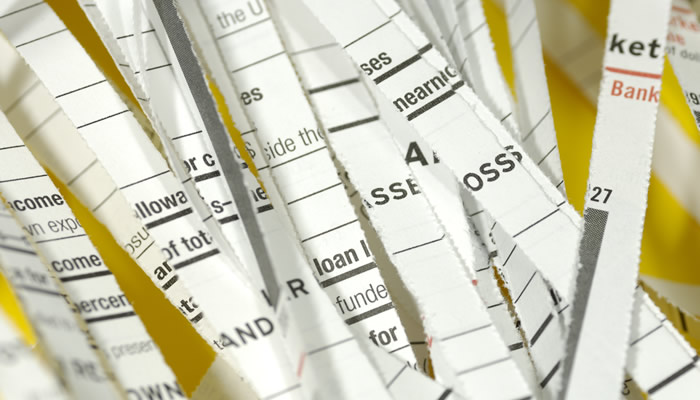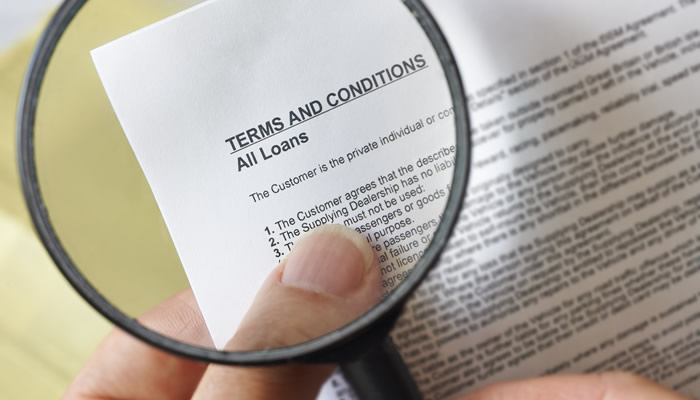Tips to Avoid Becoming a Victim of Credit Card Fraud
While credit cards offer a convenient way to make purchases without carrying around wads of cash, they aren’t without their risks. Credit card fraud is a major problem for cardholders and credit card issuers alike. In 2013, over 693 thousand accounts were the victim of credit card fraud, with an average loss of $671 per account (Source: Canadian Bankers Association PDF).

Issuers and fraudsters seem to be caught in an endless game of cat and mouse – issuers come out with new security features, while fraudsters figure out how to crack them. Here are our best tips for protecting yourself from fraud.
Don’t Let Your Credit Card Out of Sight
Fraudsters aren’t just online – you can have your credit card stolen from your purse or wallet. Although you may have more than one credit card, you should try to only carry the cards you’ll be using that day. If your wallet is stolen, fraudsters won’t have a wallet full of credit cards to shop with.
If you still have an old fashioned credit card with a magnetic strip, it’s probably best to leave it at home. Take your Chip-and-PIN credit card instead – without your PIN, fraudsters won’t be able to make large purchases in person.
Shred Your Statement
Although a lot of people choose to receive their credit card statement online, you may still prefer to receive your statement by mail. If you receive your statement in the mail, you should invest in a paper shredding machine – it will be worth every penny! By simply tossing your statement in the recycling, you’re leaving yourself open to credit card fraud. Fraudsters can piece together your statement and steal your credit card number. Don’t take the risk and shred everything instead.
Safeguard Your Credit Card Information
Your credit card information is not something to be shared with the world. You should only give out your credit card information to those you trust. You should be extra careful when sharing your credit card information over the phone or Internet – you never know who’s at the other end. Although the telephone has been around for years, fraudsters still use it to defraud unsuspecting cardholders. To avoid both frauds, never share your credit card information over the phone or Internet unless you initiated the contact.
Be Careful When Entering Your Credit Card Online
Phishing has become a popular way for fraudsters to obtain your credit card information. Here’s how it works: fraudsters send you an email requesting confirmation of your credit card information. The emails often say your account has been compromised and it’s urgent that you click the link in the email. Although the website may look legit, you’re actually sharing your credit card information with a scammer. To avoid these scams, never enter your credit card information from a link you click from an email.
Review Your Statement
Before you shred your statement, it’s important to take the time to review it. You should get in the habit of regularly reviewing your statement. With the Internet, your credit card statement is only a few clicks of the mouse away. Although you receive your statement monthly, there’s nothing stopping you from checking it more often. By checking it weekly you can help avoid nasty surprises when you receive your statement in the mail a few weeks later. If you find a fraudulent charge, you can reverse it right away and alert the credit rating agencies to red flag your account.
Report Fraud Right Away
If you’ve been the victim of credit card fraud, it’s important to report it immediately, especially if your credit card has been lost or stolen. The longer your credit card is in the possession of the fraudster, the more time they will have to rack up charges at your expense.
If you suspect a fraudulent charge, contact your credit card issuer immediately. Credit card companies take fraud very seriously – most have a 24-hour toll-free hotline to report fraud and theft. The sooner you report the fraud, the better. Credit card fraud is serious crime. Once you’ve informed your issuer, it’s also a good idea to report it to your local police department.




